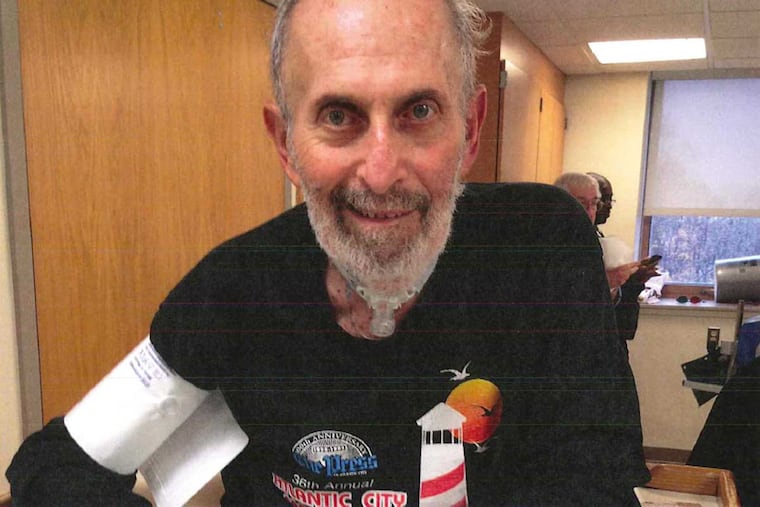Philly jury awards $9.7 million verdict in botched brain surgery case
Michael Brassloff suffered a severe brain injury when a laser device broke during a 2015 operation.

A Common Pleas Court jury on Friday awarded a $9.7 million verdict for a Philadelphia man who suffered a severe brain injury during a medical procedure in 2015 performed by a neurosurgeon with Thomas Jefferson University Hospital.
The procedure to remove a benign tumor involved a laser device made by Monteris Medical Inc. that broke during the operation on Michael Brassloff.
Monteris early last year settled with Brassloff for $12.75 million.
The jury on Friday decided that Monteris was responsible for 42%, or about $4.1 million, of the total award. That finding of fault, which is required under Pennsylvania law, does not mean Brassloff will get additional money because Monteris already settled, said Shanin Specter, whose firm Kline & Specter, PC, represented the plaintiff.
Kevin Judy, the neurosurgeon, was found liable for 43% of the award, or nearly $4.2 million. Thomas Jefferson University was found liable for 15%, or nearly $1.5 million.
Neither Judy nor Jefferson could be reached for comment late Friday.
Brassloff, who was 71 at the time of the operation, was a former marathon runner and elementary school principal who lived in the city’s Rhawnhurst section.
During the surgery, the tip of a laser device called the Neuroblate 2.2 mm Sidefire broke, releasing pressurized carbon dioxide into Brassloff’s brain.
“The Brassloffs are gratified by the unanimous jury verdict and hope this causes Jefferson and Dr. Judy to exercise greater care when utilizing new modalities of treatment,” Specter said in a statement.
Specter said Brassloff continues to have difficulty with balance, walking, emotional stability, word choice, and dexterity, and has developed a seizure disorder as well as Parkinson’s-like symptoms.